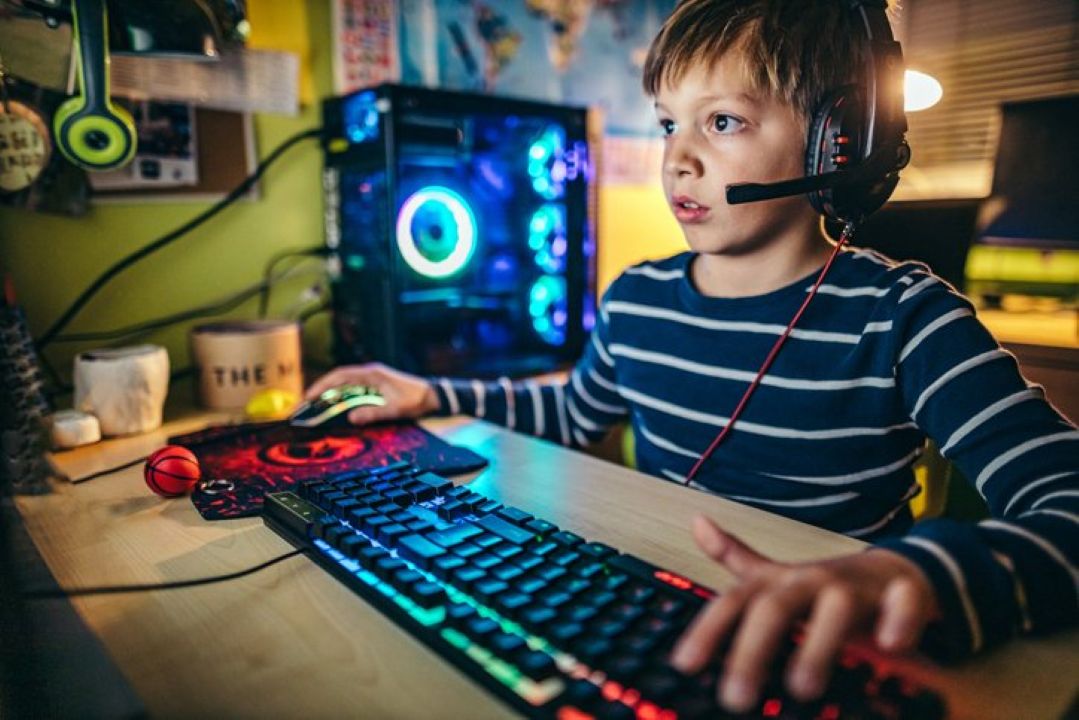
The Effect of Video Games on Children's IQ Development, According to a New Study
Casal dels Infants – For many children, playing video games is a fun, exciting, and highly enjoyable activity that stimulates their imagination. However, many parents still worry that frequent gaming might negatively affect their child’s brain development. A recent study, however, reveals quite a surprising finding.
According to Science Alert, a study published in the journal Scientific Reports found that the more time children spent playing video games, the greater the increase in their IQ. This finding contradicts the common narrative that video games are harmful to a child’s cognitive growth.
Interestingly, activities such as watching TV or using social media showed no measurable positive or negative effect on children’s intelligence.
“Read More: Five EU Countries to Test Age Verification App to Protect Children Online”
The study was conducted by a team of researchers from Germany, Sweden, and the Netherlands. They used data from a large-scale research project called the ABCD Study (Adolescent Brain Cognitive Development), analyzing screen time habits of 9,855 children aged 9 to 10 in the United States.
On average, these children reported spending 2.5 hours a day watching TV or online videos, 1 hour playing video games, and 30 minutes socializing online. Researchers then compared this screen time data with the results of IQ tests taken two years later.
The study revealed that children who spent more time playing video games experienced an IQ increase of 2.5 points, above the average gain. The intelligence tests measured several cognitive abilities, including:
These findings suggest that playing video game may stimulate important areas of the brain, particularly those involved in focus, memory, and problem-solving.
Although the results are intriguing, the study does come with limitations. For instance, the study did not distinguish between different types of video games, such as educational, action, strategy, or casual. It also only included children from the United States.
Nevertheless, the findings offer valuable insight: a child’s intelligence is not fixed at birth and may be influenced by environmental factors, including the types of digital activities they engage in.
“Our results support the claim that screen time in general does not impair children’s cognitive abilities, and that playing video games can actually help boost intelligence,” said Torkel Klingberg, a neuroscientist at the Karolinska Institute in Sweden.
“Continue Reading: Extreme Heat Hits Japan, Hottest July Since 1898 and More to Come in August”